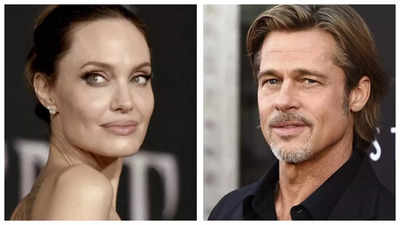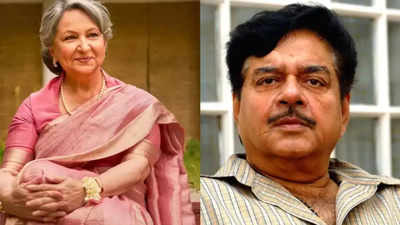
Canada’s deputy prime minister and finance minister Chrystia Freeland resigned on Monday following a disagreement with Prime Minister Justin Trudeau over US President-elect Donald Trump’s tariff threats.
Freeland, who also left her role as finance minister, became the first cabinet member to openly dissent against Trudeau. As the first woman to serve as Canada’s finance minister, Freeland was seen as a potential successor to Trudeau.
Why Canada’s deputy PM Chrystia Freeland resigned?
In her formal resignation letter to Trudeau, Freeland addressed Trump’s proposed 25-percent import tariffs on Canadian goods, stating that “Our country today faces a grave challenge.”
She said that the country should take Trump’s tariff threats “extremely seriously.” Cautioning that they could escalate into a “tariff war” with the United States, she urged Ottawa to maintain its “fiscal powder dry.”
“The incoming administration in the United States is pursuing a policy of aggressive economic nationalism, including a threat of 25per cent tariffs. We need to take that threat extremely seriously. That means keeping our fiscal powder dry today, so we have the reserves we may need for a coming tariff war.”
“That means eschewing costly political gimmicks, which we can ill afford,” she said, seemingly criticising a recent sales tax holiday that opponents argued was expensive and intended to boost the ruling Liberals’ declining political support.
The 56-year-old deputy PM’s resignation came just hours before she was scheduled to deliver an update on the nation’s finances, amid reports that the government was on track to surpass her deficit projections from last spring.
Freeland’s resignation letter continued that: “On Friday, you told me you no longer want me to serve as your Finance Minister and offered me another position in the Cabinet. Upon reflection, I have concluded that the only honest and viable path is for me to resign from the Cabinet.”
“For the past number of weeks, you and I have found ourselves at odds about the best path forward for Canada,” she said.
“To be effective, a Minister must speak on behalf of the Prime Minister and with his full confidence. In making your decision, you made clear that I no longer credibly enjoy that confidence and possess the authority that comes with it,” she continued.
The former journalist entered parliament in 2013 and was appointed to Trudeau’s cabinet when the Liberals gained power two years afterwards. She managed crucial portfolios including trade and foreign affairs, whilst steering free trade talks with the EU and the US.
Freeland emphasised her intentions to run for reelection in the country’s next parliamentary polls, expected by October 2025. “I am committed to running again for my seat in Toronto in the next federal election,” she added.
‘There is a crisis of confidence in Trudeau’
Professor Lori Turnbull from Dalhousie University described the situation as “a total disaster, stating that, “It really shows that there is a crisis of confidence in Trudeau.
“And makes it much harder for Trudeau to continue as prime minister,” she added.
Adding to Trudeau’s difficulties, housing minister Sean Fraser submitted his resignation on Monday, describing Freeland as “professional and supportive.”
Freeland’s resignation has sparked immediate speculation about her successor. Among the names being floated is former Bank of Canada governor Mark Carney, who currently serves as an economic advisor to Trudeau.
However, Carney is not a sitting legislator, and Canadian tradition would require him to seek a seat in the House of Commons before assuming a cabinet role.
Who is Dominic LeBlanc, appointed as new finance minister
At the close of the day, Dominic LeBlanc, who oversees public safety, was appointed as the new finance minister, coinciding with the country’s announcement of a Can$62 billion (US$43.5 billion) shortfall — approximately Can$22 billion above estimates — attributed to “unexpected expenses.”
LeBlanc, 57, assumes responsibility for discussions with the Trump administration, committing to remain “focused on the challenges” ahead.
LeBlanc, appointment also places him at the forefront of managing the ongoing economic challenges, including navigating the looming threat of US tariffs. He is a trusted confidant of Trudeau and has held multiple key cabinet positions since the Liberal Party’s victory in 2015.




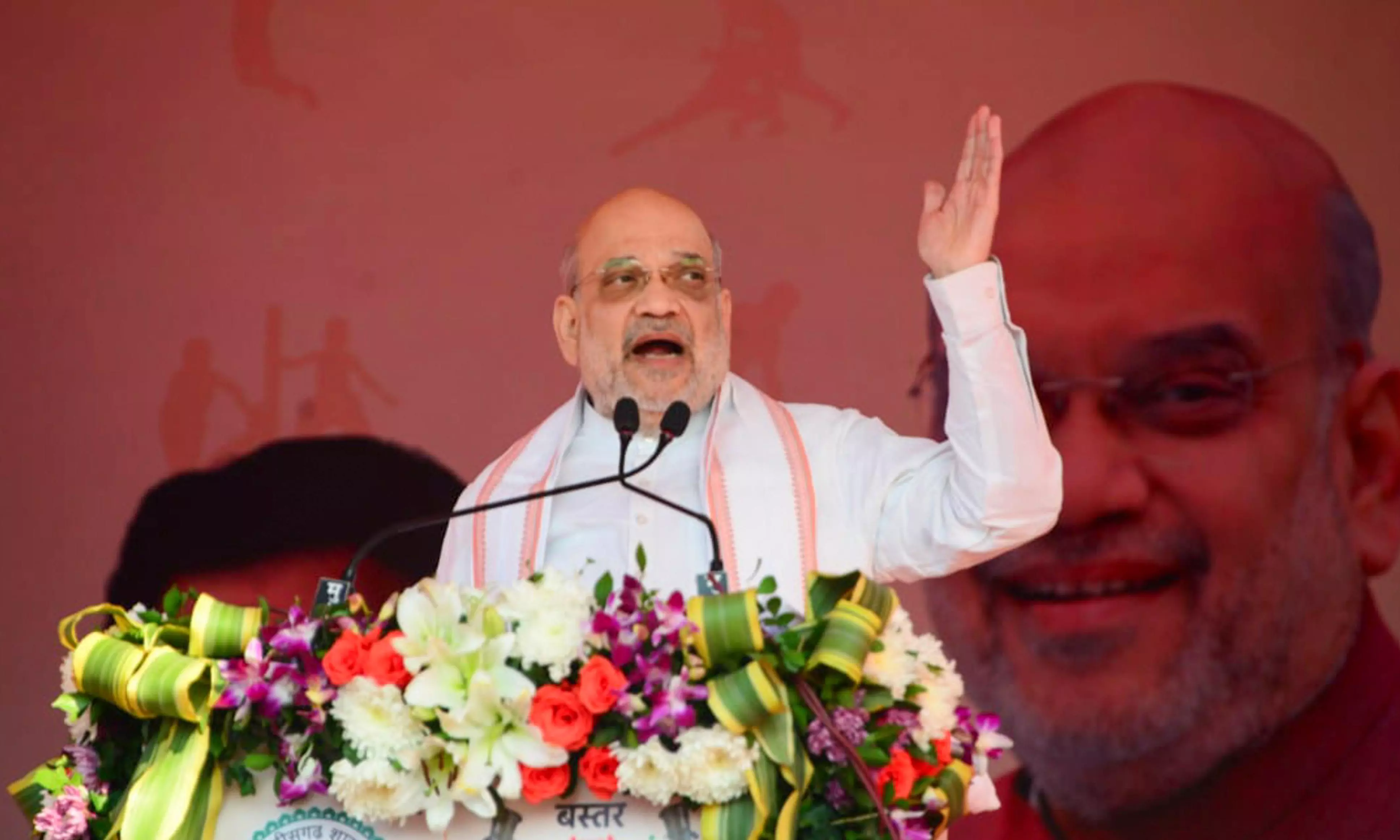


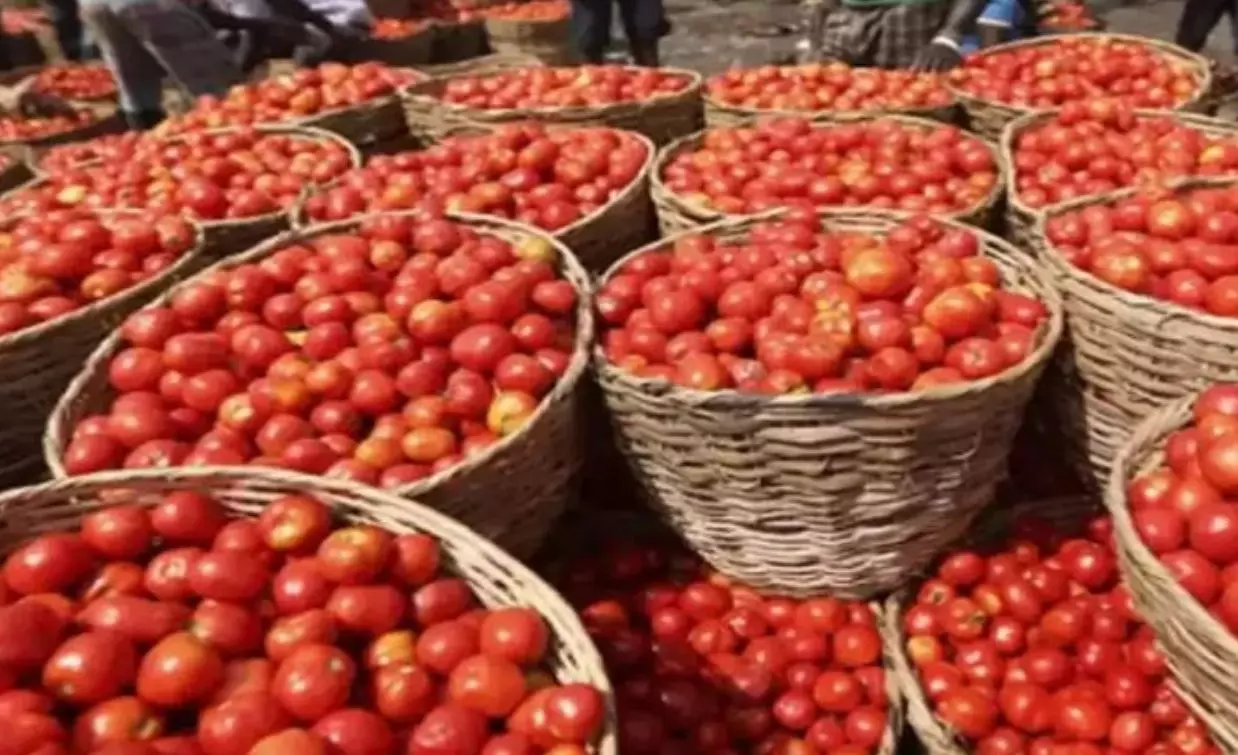

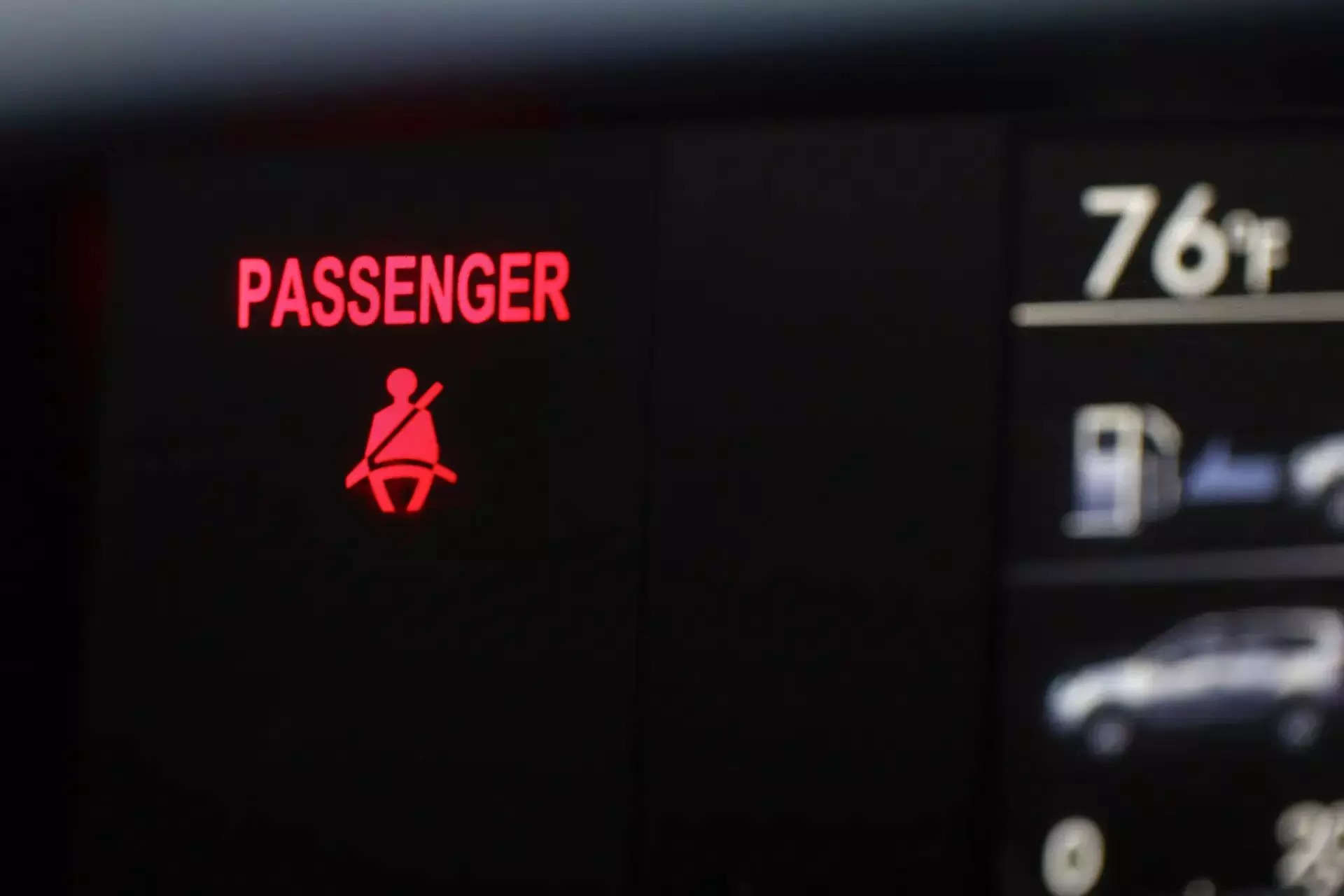







.jpg&c=0&w=700)








